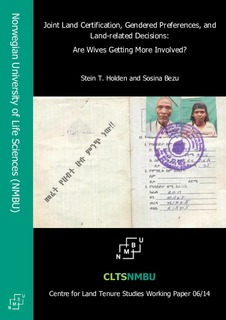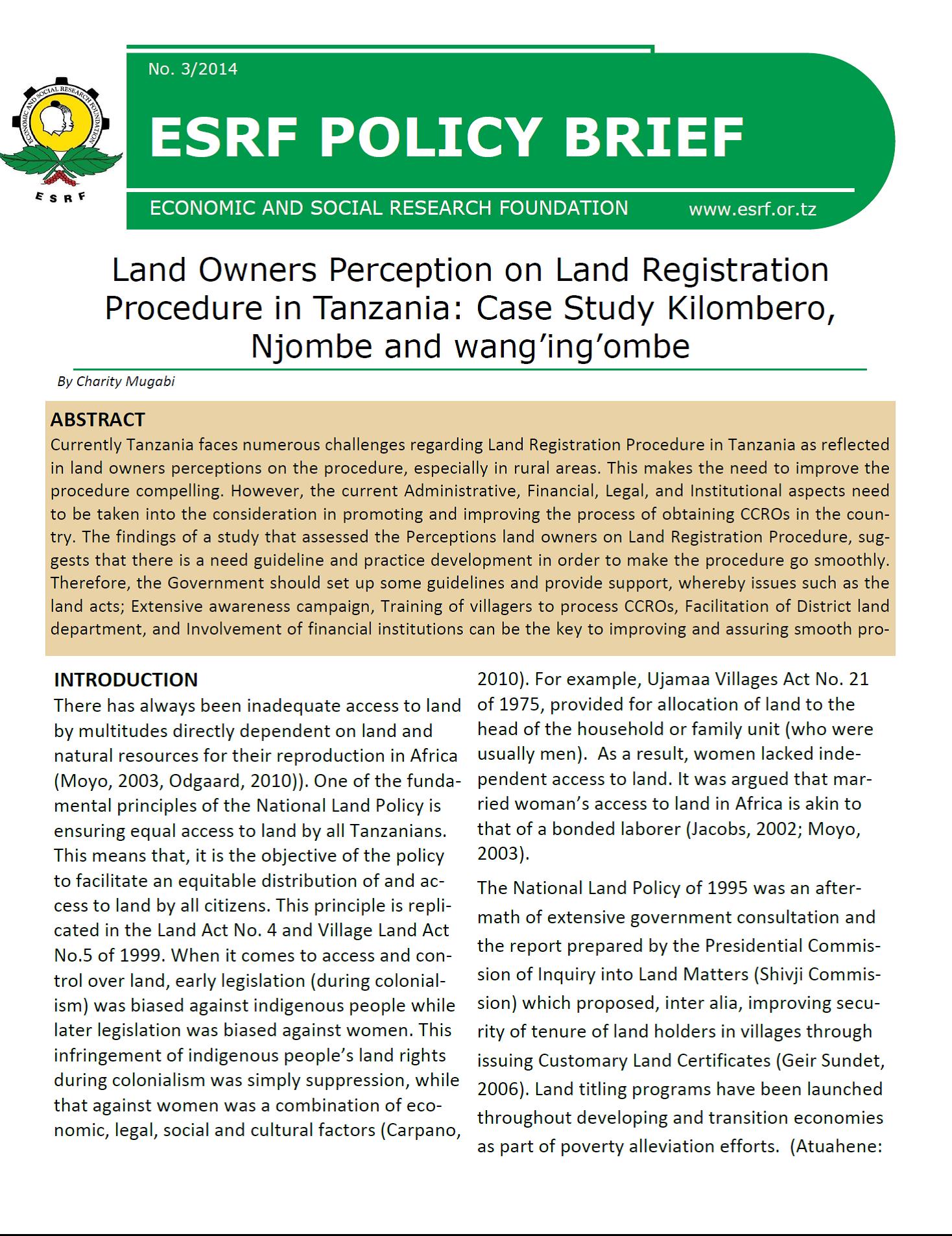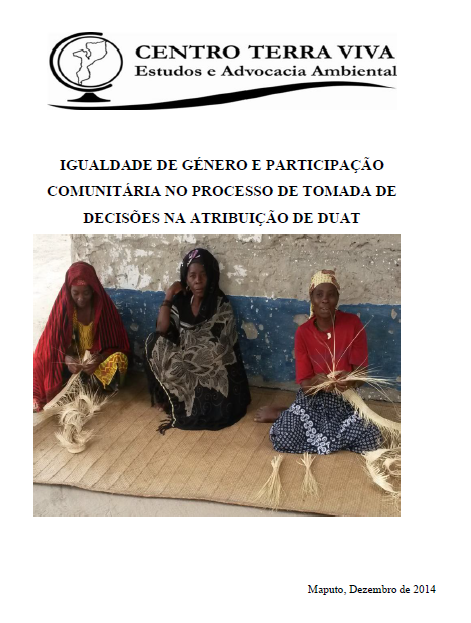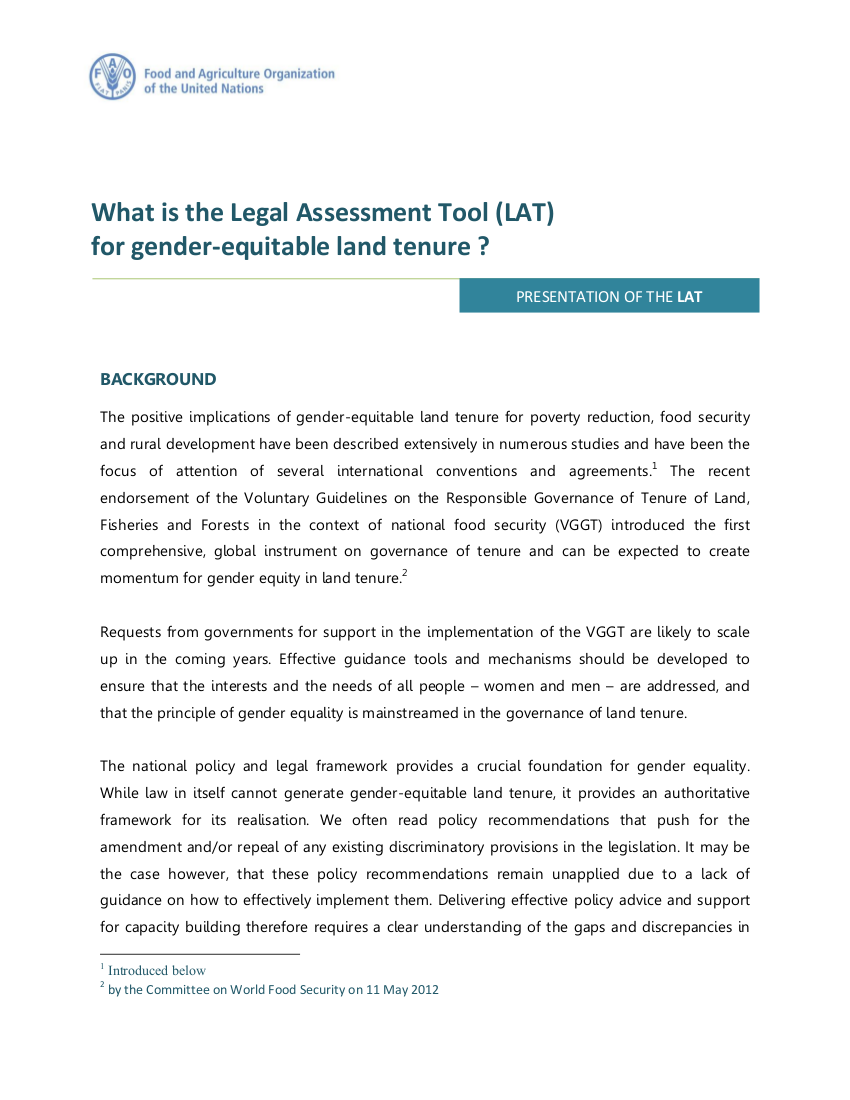Climate Variability, Land Ownership and Migration: Evidence From Thailand About Gender Impacts
Scholars point to climate change, often in the form of more frequent and severe drought, as a potential driver of migration in the developing world, particularly for places where populations rely on agriculture for their livelihoods. To date, however, there have been few large-scale, longitudinal studies that explore the relationship between climate change and migration.










